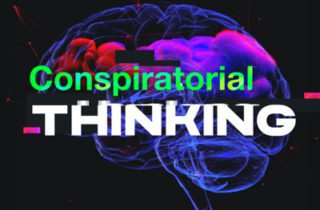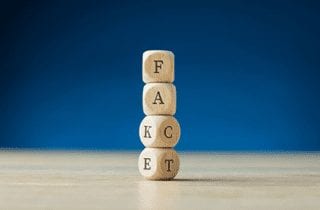Presented by Peter Adams, Senior Vice President, Education, News Literacy Project; and Abbie Richards, TikToker and TikTok Disinformation Researcher
Moderated by Shaelynn Farnsworth, National Director of Educator Outreach and Success, News Literacy Project
Presented by Shaelynn Farnsworth, Director of Educator Network Expansion, The News Literacy Project; and John Silva, Senior Director of Professional Learning, The News Literacy Project
Social, cultural, and political factors in 2020, such as civil unrest, COVID-19, and the presidential election, have resulted in the highest recorded stress levels of American adults. These stressors have led many to believe in unfounded explanations of events, situations, or conspiracy theories. This type of thinking blames the secretive work of sinister, influential people, involves complicated reasons, generally easily proven false, and relies on faulty logic, reasoning, and false evidence. Belief in conspiracy theories offers simple and often-sensationalized explanations for events we don’t fully understand, meets unconscious psychological and emotional needs, takes advantage of vulnerabilities caused by stress, fears, and anxieties, and provides a sense of community.
Presented by Michelle Luhtala, Library Department Chair, New Canaan High School (CT); and Jacquelyn Whiting, Innovation and Technology Specialist, Cooperative Educational Services
Presented by Shaelynn Farnsworth, National Director of Educator Outreach and Success, The News Literacy Project; and John Silva, Senior Director of Education and Training, The News Literacy Project





